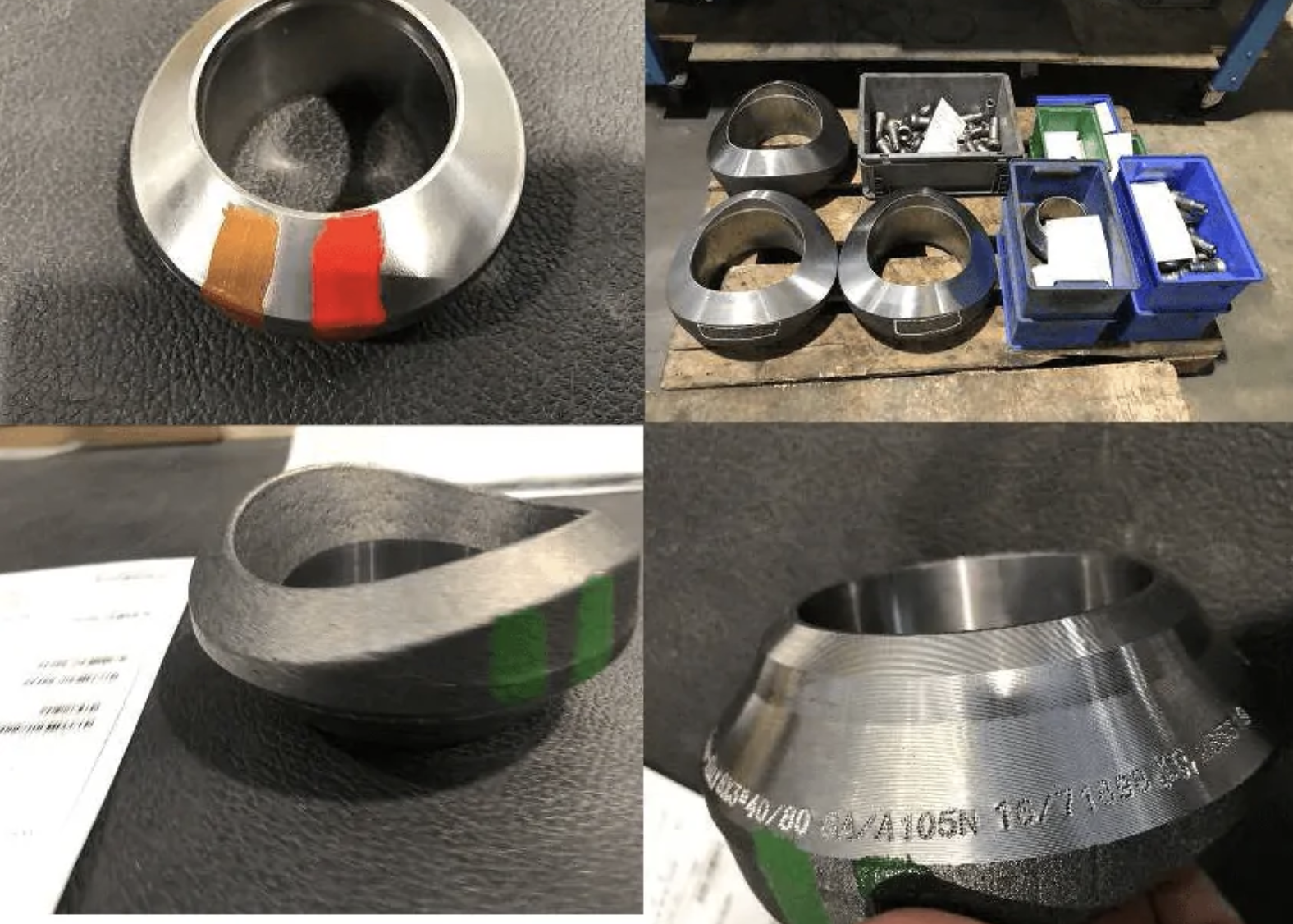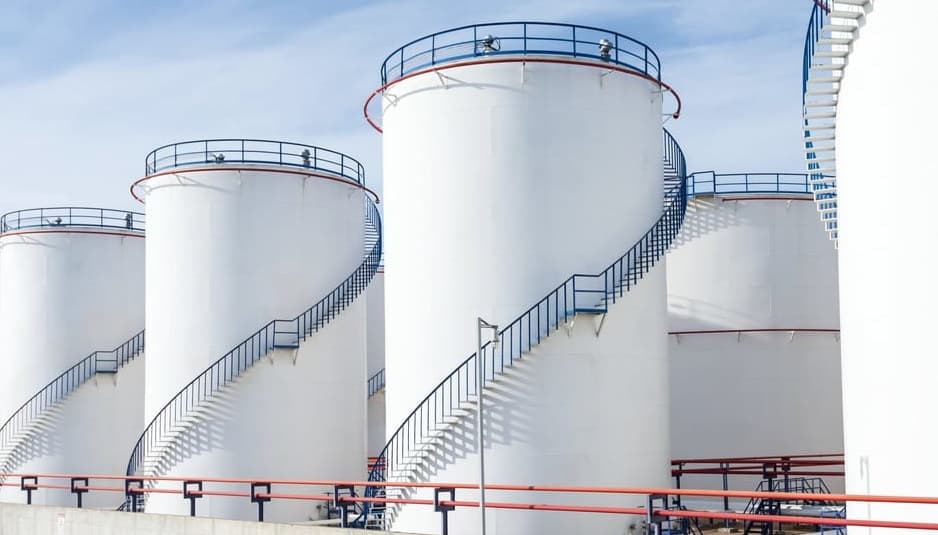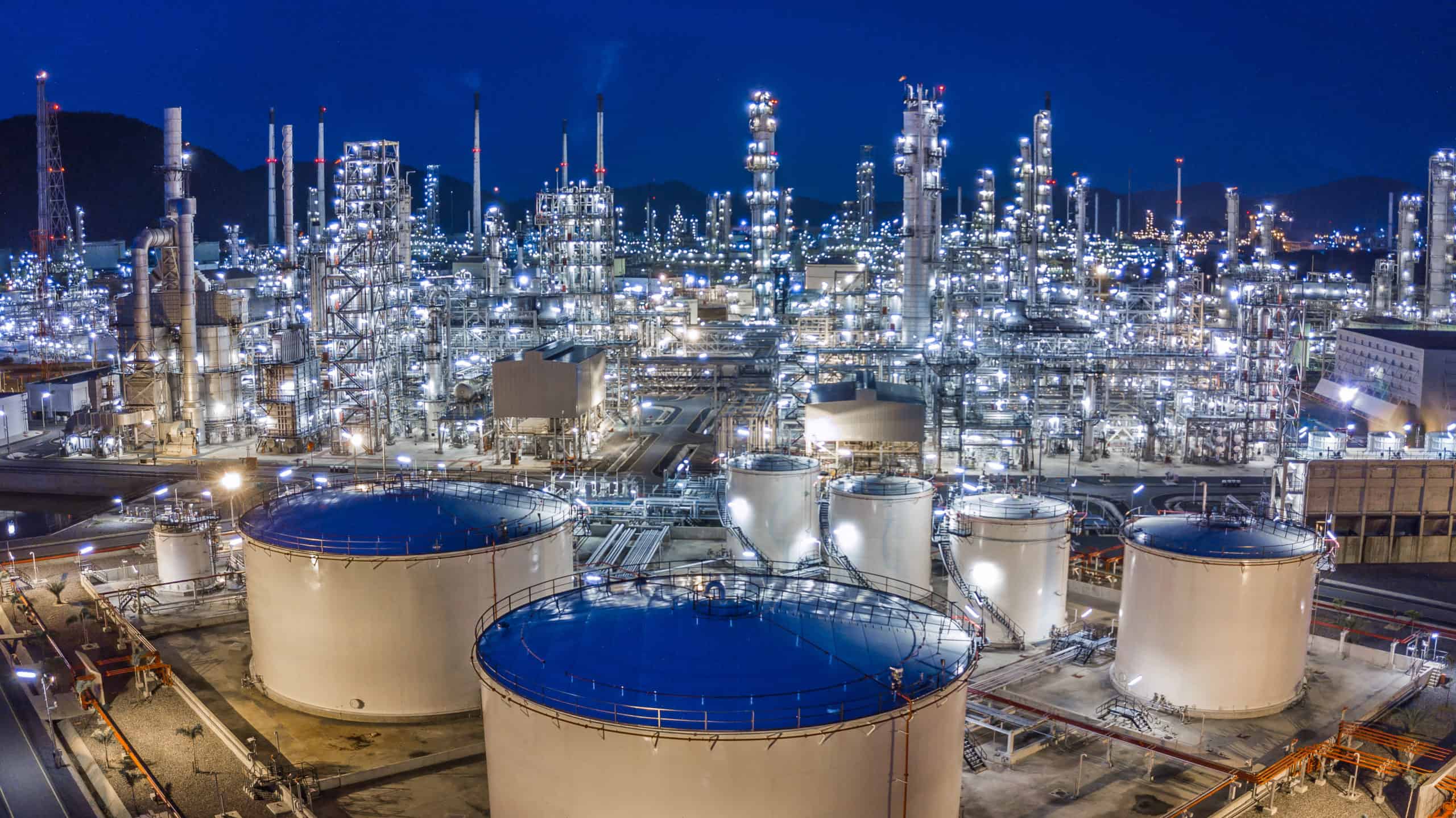Above ground storage tanks play an important role in many different industries. Oil, the number one substance stored in these industrial tanks, is only one of the industries that storage tanks serve. Because these industrial storage tanks house hazardous substances, it’s crucial that these tanks undergo a series of inspections throughout the year to ensure they’re in good working order. The last thing you want is for your above ground storage tank to leak or spill. The consequences of a leak can be disastrous.
Unfortunately, storage tank failures can happen. But the good news is that these spills have predictable causes and many of the factors that play a role in a chemical spill can be avoided. Here are some of the main types of above ground storage tank inspections that your tanks will need to undergo to prevent problems from developing.
NDE Integrity Inspections
Non-Destructive Examination and Testing is essential for the reliable operation and safety of your industrial storage tanks and other fixed equipment. An NDE inspection provides long-term asset management, prevents accidents, prevents the major costs associated with potential accidents, and increases the reliability and quality of your industrial storage tanks. NDE inspection services can also obtain any information about your industrial storage tanks you need to make the necessary preventative maintenance plans and repairs to keep your facilities up and running while staying compliant with state and federal regulations.
InServe Mechanical offers both conventional and advanced NDE/NDT inspection services so you can feel confident knowing your facilities are secure. Storage tank facilities typically need a full-service storage tank inspection, which is why InServe Mechanical’s technicians are certified in a broad range of techniques to offer methods like Visual Inspections, Ultrasonic Thickness Testing, Phased Array Flaw Detection, and Eddy Current Tube Testing to provide greater insight and generate high-value reports.
Risk-Based Inspections
Risk-based inspections (RBI) prioritizes the inspection of your facility’s piping, pressure vessels, and other equipment in an effort to reduce the risk and associated expenses of an accident. With RBI, your facility can target its budget at the critical areas that are at the highest risk of failing without the proper care. InServe Mechanical offers risk-based storage tank inspection services that reduce the number of necessary inspections and facility shutdowns. RBI services can increase your equipment’s availability while still mitigating the risk of a leak or tank failure.
InServe Mechanical’s RBI services include data management, software consultation, real-time risk analysis during turnarounds, start to finish RBI implementation, RBI inspection planning, and RBI inspection execution. Storage tank facilities benefit from RBI because it allows the facility to adhere to state and federal compliance codes. They can also increase the safety of their facility while prioritizing high-risk equipment rather than spending their maintenance budget entirely on low-risk equipment.
Time-Based Inspections
Time-based inspections are essential in the reliability and safety of your facility’s operations. These inspections prevent the disastrous consequences that can result from equipment failure and protect personnel and the environment from hazardous materials. Time-based inspections evaluate your equipment for high-level risks to extend the lifespan of your storage tanks. These inspections are essential for preventing corrosion and maintaining compliance with state and federal regulations.
While RBI services can help to mitigate potential disasters involving high-risk equipment, time-based inspections are a state requirement. The Environmental Protection Agency (EPA), Occupational Safety and Health Administration (OSHA), and ASME Boiler and Pressure Vessel codes all mandate minimum inspection requirements for storage tank facilities. Time-based storage tank inspections meet the qualifications of those requirements, and the guidelines for these inspections are ultimately created by programs such as SPCC, PSM, and RMP.
It’s important to note when you’re choosing a qualified fixed equipment inspection expert to conduct your formal inspections that the person conducting the inspection is required to have specific certifications. The experienced personnel at InServe Mechanical hold certifications in API, CWI, NACE, and ASNT SNT-TC-1A to ensure your facilities conform to the minimum requirements.
To conduct these inspections on your storage tanks, personnel use a wide range of inspection methods. The most popular inspection methods include liquid penetrant, ultrasonic, visual, magnetic particle, and X-ray testing. Above ground storage tanks, underground storage tanks, boilers, process piping, pressure vessels, and other equipment in your facility needs to meet inspection requirements to ensure the safety and security of your facility’s operations.
How do storage tank leaks happen in the first place?
There are several potential causes for industrial storage tank leaks and tank failures. The most common reason why storage tanks fail, according to the EPA, is corrosion. Corrosion happens over time, which makes it dangerous for older storage tanks to continue operating. However, while typical metal loss occurs over a series of decades, it can sometimes take only a few months.
Ultimately, how fast corrosion occurs depends on the elements at play, the conditions of the storage tank, and whether the industrial tank is getting continual support through a maintenance schedule. When an industrial tank surface becomes too corroded and there isn’t enough metal to withstand the pressure, the surfaces of the tank can shift or collapse. The result is a hazardous leak that can put your team and the local environment at risk.
It isn’t just the storage tank itself that can suffer from corrosion. Pipe and other components that are attached to your storage tank can also experience metal loss and weaken over time. This is dangerous because weak spots in the piping systems can become prone to leaks as they break down over time. Because of this, EPA regulations have required industrial tank owners to take necessary precautions against pipe system corrosion since the late 1990s.
Delivery and filling problems are another potential cause for storage tank failures. It’s crucial that the operators adding material to your tank have experience in their field or else they could run the risk over-filling your tank. When inattentive operators don’t leave enough room in your industrial storage tank for expansion, there’s an increased risk of a leak or spill because the tank isn’t able to hold the material.
Because of the potential risks that can occur with your industrial storage tanks, it’s crucial that facility owners don’t assume that the above storage tanks are fine simply because they were in good working condition when they were last checked. Complacency is dangerous when storing hazardous materials. What’s more, it’s important to plan for potential security problems. Vehicles that may be moving through the facility illegally or vandals that shouldn’t be present in the area could cause serious damage to your industrial storage tanks.
Reach out to your local industrial tank inspection services
One of the best ways you can reduce the risk of a leak or spill with your industrial storage tanks is by staying updated with your local industrial tank inspection services. Storage tank inspection services can help to keep your tanks on track with their maintenance schedule so you don’t need to sweat over meeting state requirements.
InServe Mechanical is the storage tank inspection service you need to keep your industrial storage tanks in great shape year-round. Whether you need an NDE inspection, RBI inspection, or a time-based inspection to keep up with EPA guidelines, we’ve got you covered. To learn more about our inspection services or to schedule an inspection with us, contact InServe Mechanical today.




